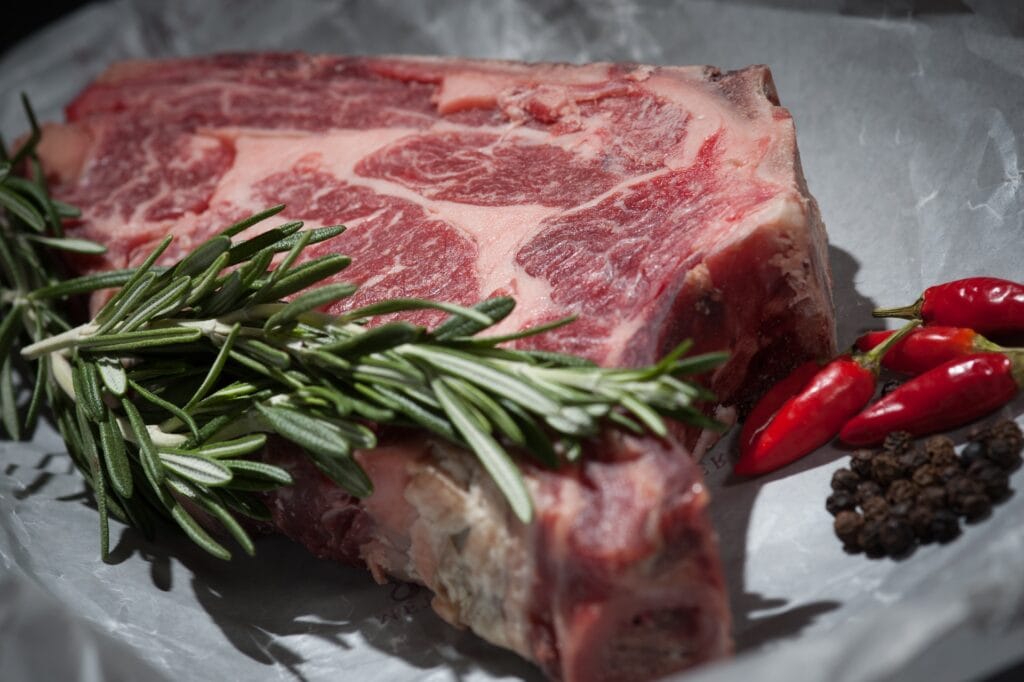There is a strong link between the foods we eat and the health of our immune system. Researchs have shown that some nutrients are more important than others, both directly and indirectly, in the proper functioning of our body and its natural defenses.
1. Citrus fruits and vitamin C for your immune system
Vitamin C is very often associated with the notion of immunity.
It is easily evoked in cases of persistent fatigue, sensitivity to infections (frequent ENT infections, recurrence of herpes, etc…).
It is a powerful antioxidant and a cofactor for a family of biosynthesis and gene regulation enzymes. The actions of vitamin C are therefore multiple and fundamental.
Let us not forget that a major and prolonged deficiency in vitamin C exposes to scurvy, a fatal disease, frequent among sailors at one time.

Vitamin C is an essential micronutrient for humans, as we do not synthesize it.

The contributions are thus exclusively done by external contributions. It has multiple functions related to its ability to give electrons.
But it is the role of vitamin C as a support of the immune defense and various cellular functions of the innate and adaptive immune system that interests us today.
2. Garlic and the immune system
Garlic contains sulfur molecules, including allicin. Studies of this molecule have shown that it has the ability to block enzymes involved in infections such as colds.

Other studies have also shown that garlic consumption reduces the risk of stomach, colon and esophageal cancers.
3. Dry fruits: a reserve of omega-3
Rich in nutrients that are essential for maintaining a healthy body, dried fruits contribute to the proper functioning of your immune system.
But they also have many other qualities. Well-known to sportsmen and women, dried fruits and especially nuts are an important source of energy for the body. It is recommended to consume between 30 and 50 g per day.
They provide carbohydrates (especially natural sugars that will provide energy throughout the effort), fibers that facilitate digestion and good fatty acids, especially omega 3 and omega 6.
Nuts, for example, are oleaginous, which means that they are rich in monounsaturated fatty acids and therefore beneficial for cardiovascular functions. They promote good cholesterol.

4. The antibacterial honey elixir
Honey, a natural antiseptic easy to consume
Honey comes from the nectar of flowers pumped by bees.
When it arrives in the hive, it is essentially composed of water (up to 85%) and sugars (15%).
Through successive regurgitation by the worker bees, each of which enriches it with enzymes, it becomes 80% concentrated in sugars. It is then deposited in honeycombs sealed with wax.

5. Broccoli, 100% strong immune system
You’ll find this cruciferous vegetable on just about every list of immune boosting foods.
It may not be the most popular, especially among children, but broccoli is packed with nutrients, making it one of the best foods to add to your plate to boost the immune system.
In addition to being rich in vitamins A, C and E, it’s packed with antioxidants and is an excellent source of fibre.
Gently steam your broccoli to maximize its nutrient content.
Serve it to kids as if it were a fancy green hair on a face made from vegetables, with a carrot for a nose of course.
6. Fatty fish are suppliers of omega-3
In this day and age, more than ever, people are concerned about their health and are looking for ways to support their immune system.
Did you know that seafood, fish and shellfish, provide essential nutrients to the body? These nutrients allow immune health to function as it should.
Something that everyone can do and does not require much effort is to focus on a balanced diet of fruits, vegetables, seafood and fatty fish, lean meats, nuts and seeds.

7. Foods containing trace elements for your immune system
They play a role in the body’s reactions, particularly in digestion and the immune system.
Iron is found in offal, blood sausage, seaweed, lamb and pork liver, but also in red meat, fish and seafood, as well as in whole grains and legumes (lentils, chickpeas, etc.).
Zinc: this trace element with high antioxidant power is found in oysters, crab, beef and offal, yeast, wheat germ and poppy seeds.
Copper, which is found in offal, spirulina, shiitake mushrooms, dried fruits (especially Brazil nuts), lentils, dark chocolate, fish and seafood.
Selenium: this trace element is known for its antioxidant role. Seafood (tuna, scallops, mackerel, lemon sole, pollack), pork kidneys, egg yolks, milk and cereals are rich in selenium.

8. Olive oil
Olive oil has an excellent reputation for health… even though it is very high in fat! The explanation is simple: olive oil is rich in omega 3, 6 and 9, “good fats” that go hand in hand with a better functioning immune system. But that’s not all: olive oil is also known for its content of vitamin E (a vitamin that protects the skin) and polyphenols, antioxidant compounds that help the body fight the action of free radicals.
Other foods rich in omega 3, 6 and 9: rapeseed oil, walnut oil, sunflower oil, corn oil…

9. Foods rich in vitamin A and E
“Vitamin A has an important role. It contributes, in its action with vitamin E, to the proper functioning of the immune system”, underlines the dietician-nutritionist.
Where to find the vitamin A in the food? In offal, carrots, sweet potatoes, pumpkin, spinach, cabbage ….
Where can I find vitamin E in food? In hazelnut oil, nuts, cereals…
10. Sourdough bread
Sourdough bread is a naturally fermented bread, and is therefore easier to digest because it contains very little gluten.
It contains lactic acid bacteria that reduce the acidity (pH) of the bread.
Sourdough bread also promotes a better assimilation of nutrients (vitamins, fiber, minerals).

How long are we protected by antibodies?
The “immune memory” varies from one microbe to another, and even from one person to another. The duration of the protection acquired also varies from one vaccine to another, depending on the quantity of antigens they contain and the way they are prepared. For example, live attenuated vaccines induce antibody production that is more persistent over time than inactivated vaccines.





